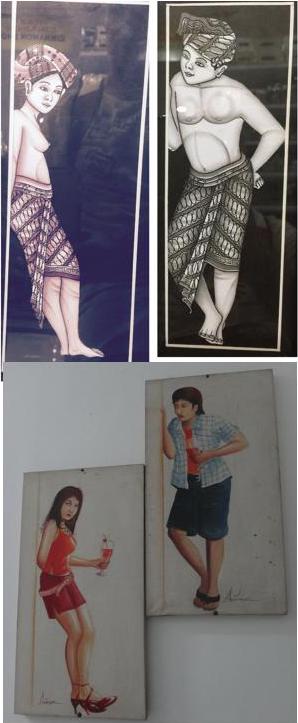 Maybe it’s just me and the particular apologists I have encountered over the years, but I seem to have run into a claim that the authors of the canonical gospels found themselves moved to write about Jesus in a completely new literary genre that we call “the gospels”. The four gospels certainly are unlike other types of ancient historical and biographical writings from the Greco-Roman world, and many of us are well aware that a number of scholars have attempted to demonstrate that they nonetheless do conform to an ancient type of writing that approximates our understanding of biography, that is, a Life, or bios. We have argued here that such efforts are problematic and pointed out that not all scholars specializing in the genre of the gospels agree.
Maybe it’s just me and the particular apologists I have encountered over the years, but I seem to have run into a claim that the authors of the canonical gospels found themselves moved to write about Jesus in a completely new literary genre that we call “the gospels”. The four gospels certainly are unlike other types of ancient historical and biographical writings from the Greco-Roman world, and many of us are well aware that a number of scholars have attempted to demonstrate that they nonetheless do conform to an ancient type of writing that approximates our understanding of biography, that is, a Life, or bios. We have argued here that such efforts are problematic and pointed out that not all scholars specializing in the genre of the gospels agree.
So I found myself taking special interest when last week I came across classicist scholars pointing out that the creation of new genres, generally by mixing together into one composition the features of a range of pre-existing literary genres, was not at all so unusual in the literary world of the Greco-Roman culture throughout the second century b.c.e. through to the second century c.e.
Further, on the question of intertextuality and “mimesis” or imitation and creatively re-writing lines and episodes from earlier well-known works may be thought of as the one constant, an essential skill for any Greco-Roman author, as we shall see.
Here are some extracts from the works I came across discussing the history of literature throughout this period:
First, some from Elaine Fantham and her highly regarded work, Roman Literary Culture: From Cicero to Apuleius.
In her introduction Fantham explains that she intends to discuss
where appropriate, to explain the rise and fall of different genres by social and political change. (p. xiv
Soon we come to the subheading:
New Genres of Literature, from Lucilius to Apuleius (p.12)
The Romans, she tell us, claimed to have invented the genre of satire (p.13), of the personal elegy (p.33) and of protest literature (p.117). On the works of Apuleius she writes:
But there was another layer of literary performance, which straddles the thin line between actuality and fiction. . . . But this single work is a world in itself. This sophisticated and sensational narrative achieved for its age an escape from the limitations of genre, locality, class, or age group that had last been reached by Ovid’s epic of transformation; but the changes from verse to prose, from myth to contemporary fantasy, reflect the new diffusion of Latin literature into a reader’s world as diverse and far flung as the empire itself. — p. 17
Further on we read,
Later generations continued the transfusion of genres (p. 94).
And returning to an earlier period… Continue reading “A New Genre for the Gospels? It’s not so unusual. And Imitation and Intertextuality? A necessity!”
